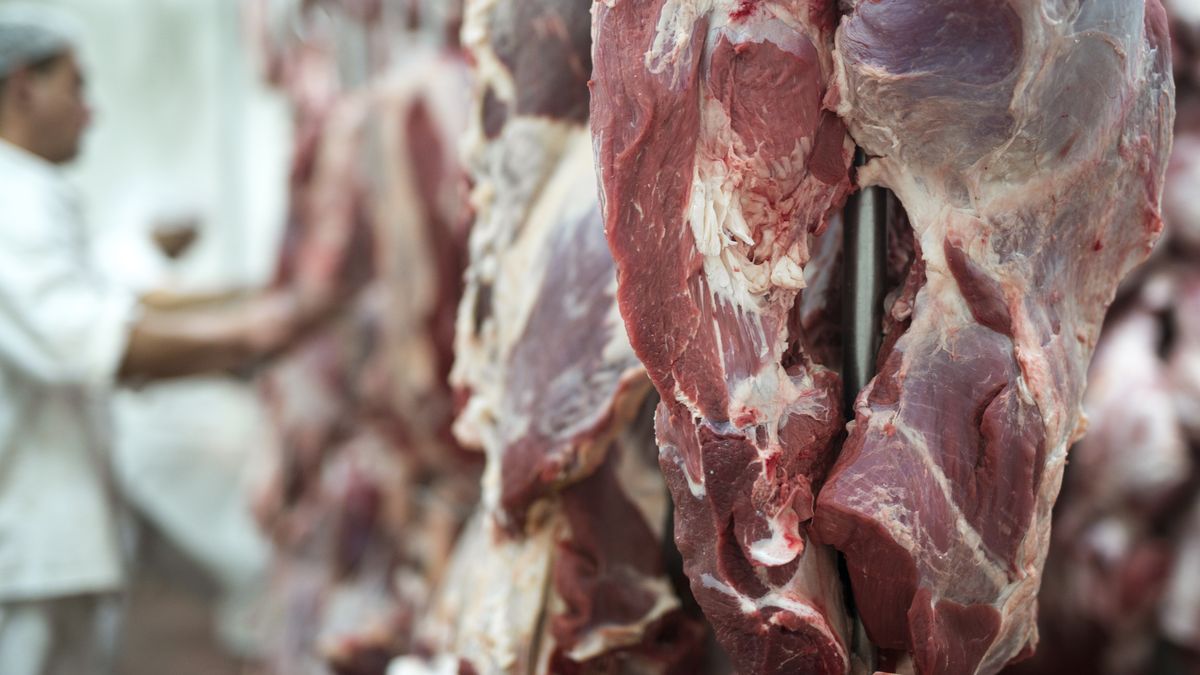The portfolio directed by Fernando Mattos understands that the moment is favorable to improve the conditions in the agreement between the two countries regarding the trade of beef.
He Ministry of Livestock, Agriculture and Fisheries (MGAP) studies the possibility of modifying the protocol to export meat to China, with the aim of, on the one hand, making some provisions more flexible in order to improve the rate of placements of Uruguay; and, on the other, to incorporate more products in shipments to the Asian giant.
The content you want to access is exclusive to subscribers.
Even with declines in export volumes or delays in the consolidation of the Free Trade Agreement (FTA) Between the two countries, China remains the main destination for Uruguayan beef sales, with 58% in 2022, according to the latest figures from Uruguay XXI. In this context, the MGAP understands that the conditions are in place to take a further step in trade relations with the Asian nation, as reported Blasina and Associates.


For this, as was analyzed on Monday in the board of directors of the National Meat Institute (INAC) in the presence of the minister Fernando Mattos, the government could request modifications in the export protocols of these products.
The central points that are targeted are: reduce from 90 to 45 the days that are required prior to slaughter; the possibility of including tripe and other products of the digestive tract, such as tongue and jaw meat; and other aspects related to labeling.
A context that calls for changes
The truth is that the agricultural context of Uruguay is just beginning to see improvements after a extreme drought which still hits much of the country. This also affected cattle, which mainly saw reduced food rations. Although the dairy sector was the most affected by the water deficit, the work was also delayed, consequently generating fewer placements.
The reduction of the time prior to slaughter could aim, in this sense, to improve export times in a somewhat depressed market, and with a Chinese demand that has not stopped falling in recent months — Chinese import revenue for February was $94 million, compared to $147 million a year ago.
The time is propitious as long as Brazil it is just coming out of the suspension after the atypical case of mad cow, while Uruguay has never had cases of this vaccinal disease. This makes it a more reliable market in terms of health, and the government may want to take advantage of the situation.
Source: Ambito




